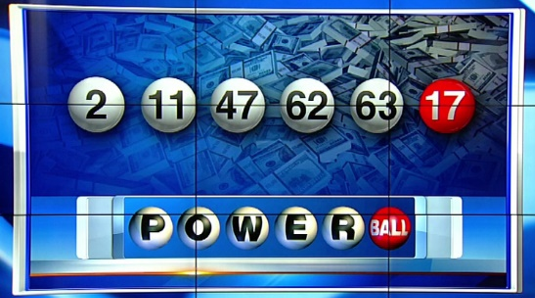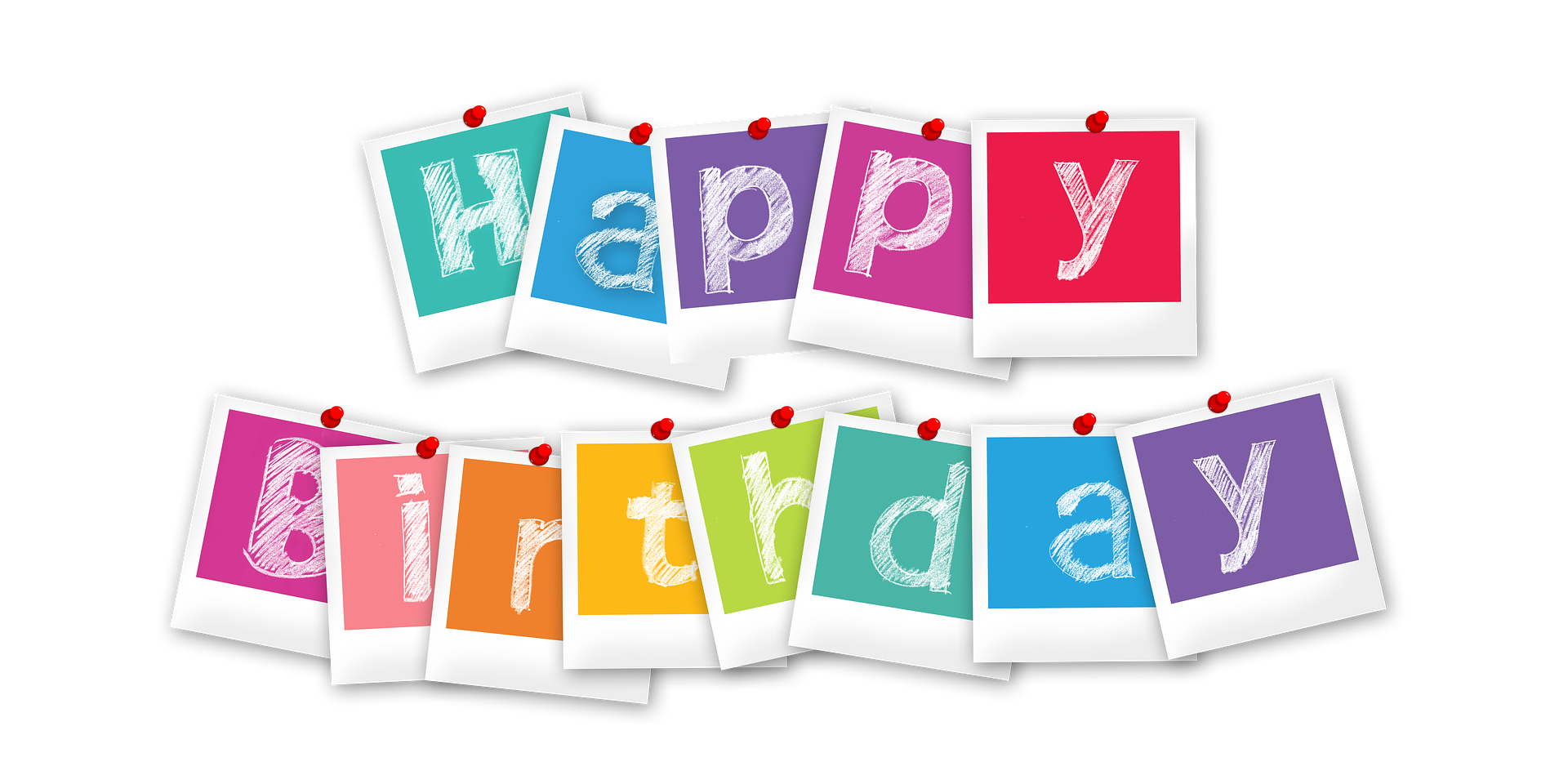2.6 Combination
How many ways to choose 2 students from 5 to volunteer this weekend?
Combinations - an unordered subset
How many ways to choose 3 students from 40 to form a committee.
- How many ordered list of 3 students can be formed?
- How many ways to order each chosen 3 students?

Combinations - an unordered subset
How many ways to choose 3 students from 40 to form a committee.
General formula for combinations
The number of ways of choosing \(k\) objects out of \(n\) is
\[\begin{aligned} {n \choose k}&=\frac{k\text{-permutations of }n}{\text{permutations of }k} \\ \\ &=\frac{n!}{k!(n-k)!} \\ \end{aligned}\]
Permutation vs. combination
2-permutations of 4 letters A, B, C, and D
\[\frac{4!}{(4-2)!}=12\]
AB BA AC CA AD DA BC CB BD DB CD DC
AB AC AD BC BD CD
Combinations of choosing 2 letters from 4
\[{4 \choose 2}=\frac{4!}{2!(4-2)!}=6\]
Properties
\[{n \choose k}={n \choose n-k}\]
\[{5 \choose 3}={5 \choose 5-3}\]
Exercise
In a round-robin tennis tournament with \(n\) players, each player meets every other player exact once.
How many games need to be played in total?
Powerball

- Draw five numbers from a pool of 69 white balls and one number from a pool of 26 Powerballs.
- To win a jackpot one needs to match all five white balls plus the power ball.
- What is the winning chance if you buy a single ticket?
Exercise
Toss a fair coin \(n\) times.
What is the chance there are \(k\; (= 0, 1, \cdots, n)\) heads?
Exercise
- A jar contains \(m\) maize and \(n\) blue balls.
- Two balls are drawn randomly from the jar.
- What is the chance that the balls are of the same color?

Exercise
Draw 7 cards from a well-shuffled 52-card deck.
Find the probability that
- the 7 cards include exact 3 aces
- the 7 cards include exact 2 kings
- the 7 cards include exact 3 aces or exact 2 kings
Birthday problem

How many people would it take to have a 50-50 chance that at least two of them share the same birthday?
Birthday problem
Another way to describe it:
There are \(n\) people at a party.
How likely at least two of them share their birthday?
Assumptions
- Everyone has an equal probability of being born on any day in the year, independent of everyone else.
- Ignore February 29th from leap years.
\[ \text{P(sharing birthday)}=1-\frac{365!}{(365-n)!\cdot 365^n} \]
Birthday problem
You walked into a party with \(n\) people.
How likely someone shares the birthday with you?